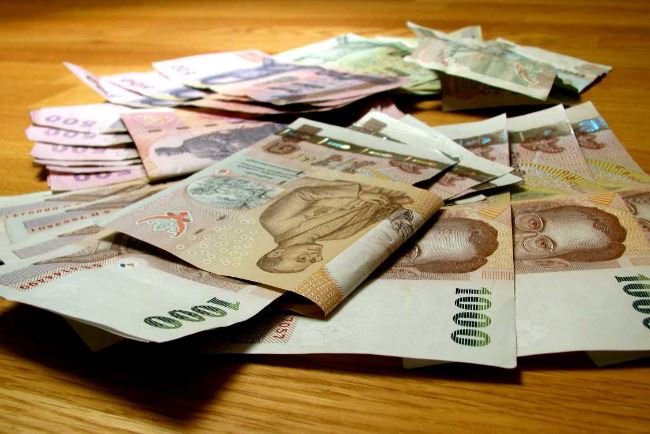Learn valuable tips and strategies for exchanging currency from thailand currency to inr. Make the most of your money exchange.
International trade and travel are now more accessible than ever in today’s globalized society. Thailand draws both tourists and businesspeople due to its rich cultural heritage, breathtaking scenery, and energetic cities. Understanding the ins and outs of currency conversion is crucial whether you’re planning a trip to this Southeast Asian jewel or conducting cross-border business. We, as seasoned SEO and copywriting specialists, will give you with a wealth of expertise on the crucial advice for currency exchange from Thailand to Indian Rupee (INR), ensuring you get the most out of your financial transactions.
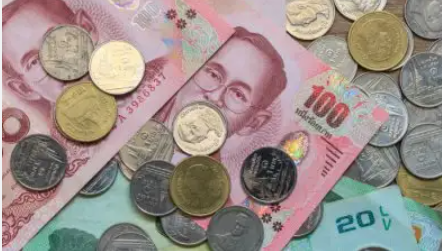
The Basics of Thailand’s Currency
It’s important to understand the money you’ll be using in Thailand before getting too technical with currency exchange. The Thai Baht (abbreviated THB) is the official unit of money in Thailand. Satang are used to further split it, with one baht equal to 100 satang. Keep in mind that the exchange rate may change depending on a number of variables, including the state of the market and the institution you pick to exchange your Indian Rupees (INR) into Thai Baht.
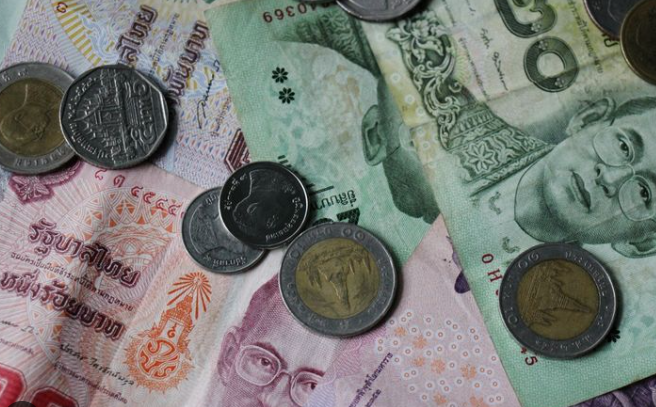
Choose the Right Currency Exchange Provider
Choosing the appropriate service provider is one of the most important choices you’ll have to make when converting currencies. You can choose from a variety of establishments in Thailand, including banks, kiosks for changing money, and lodging. Take into account the following advice to make sure you obtain the best prices and minimal fees:
1. Compare Exchange Rates
Comparing the currency rates provided by various suppliers will help you with your homework. Websites with financial news and online currency converters are also excellent resources for this. Keep an eye out for companies who offer reasonable hidden costs and inexpensive pricing.
2. Avoid Airport Currency Exchanges
Compared to other providers in the city, airport currency exchange kiosks frequently provide less attractive rates. If at all possible, exchange a modest sum of money for immediate needs at the airport and the remainder at a more suitable location.
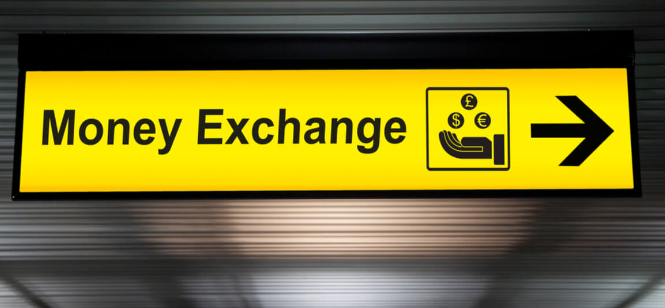
3. Look for Accredited Providers
Make sure the currency exchange service you select has been approved and accredited by the appropriate government agencies. This will assist you in avoiding fraud and frauds.
Also Read: Thailand Currency :Exploring the Thai Baht
Timing Matters for thailand currency to inr
Because exchange rates might change, the time of your transaction can have a big impact on the amount you get. Even though it’s impossible to foresee market moves with absolute confidence, you can still benefit from some strategies:

4. Keep an Eye on Economic Events
Exchange rates can be impacted by national and international economic events, political movements, and central bank policies. Keep up with such occurrences and, before making a purchase, think about how they might affect the exchange rate.
5. Consider Limit Orders
Exchange rates can be impacted by national and international economic events, political movements, and central bank policies. Keep up with such occurrences and, before making a purchase, think about how they might affect the exchange rate.
Minimize Transaction Fees
Understanding the costs involved in the exchange procedure is crucial when exchanging money. These costs may reduce your total exchange amount. Here are some tips for reducing them:
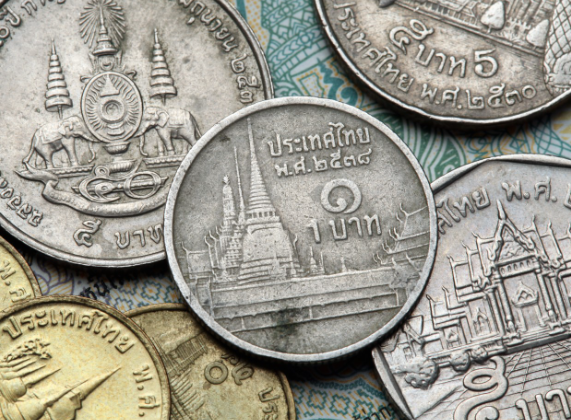
6. Use Local ATMs
It is frequently less expensive to withdraw Thai Baht from local ATMs in Thailand than to exchange money. Be mindful of your bank’s foreign transaction costs and fees for foreign ATM withdrawals, though.
7. Opt for Fee-Free Exchange Services
If you exchange a particular minimum quantity of currency, certain currency exchange firms waive transaction fees. Investigate these choices to reduce costs.
Secure Your Currency
Once you’ve successfully exchanged your INR for Thai Baht, it’s crucial to take steps to secure your funds:
8. Use a Secure Wallet
Consider using a secure travel wallet or money belt to keep your cash safe while exploring Thailand. Avoid displaying large amounts of cash in public to minimize the risk of theft.
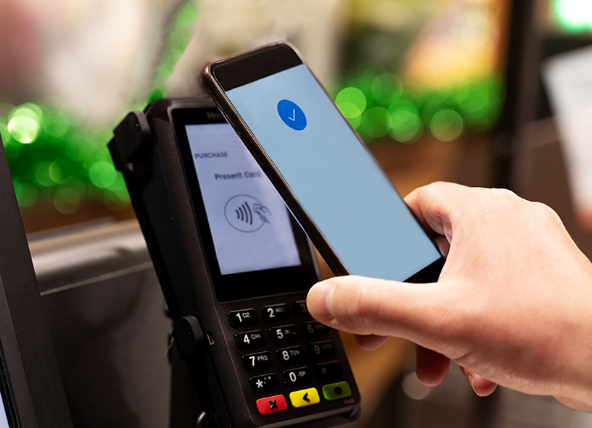
9. Notify Your Bank
Inform your bank about your travel plans to Thailand. This will prevent your bank from flagging your international transactions as suspicious, ensuring uninterrupted access to your funds.
Conclusion
Navigating the world of currency exchange can seem daunting, but with the right knowledge and strategies, you can make the most of your thailand currency to inr exchange. Remember to choose your exchange provider wisely, stay informed about market trends, and minimize transaction fees whenever possible. By following these essential tips, you’ll ensure a seamless financial experience during your journey to the Land of Smiles.
Also Read: Maldives Currency: A Comprehensive Guide
image source: google







